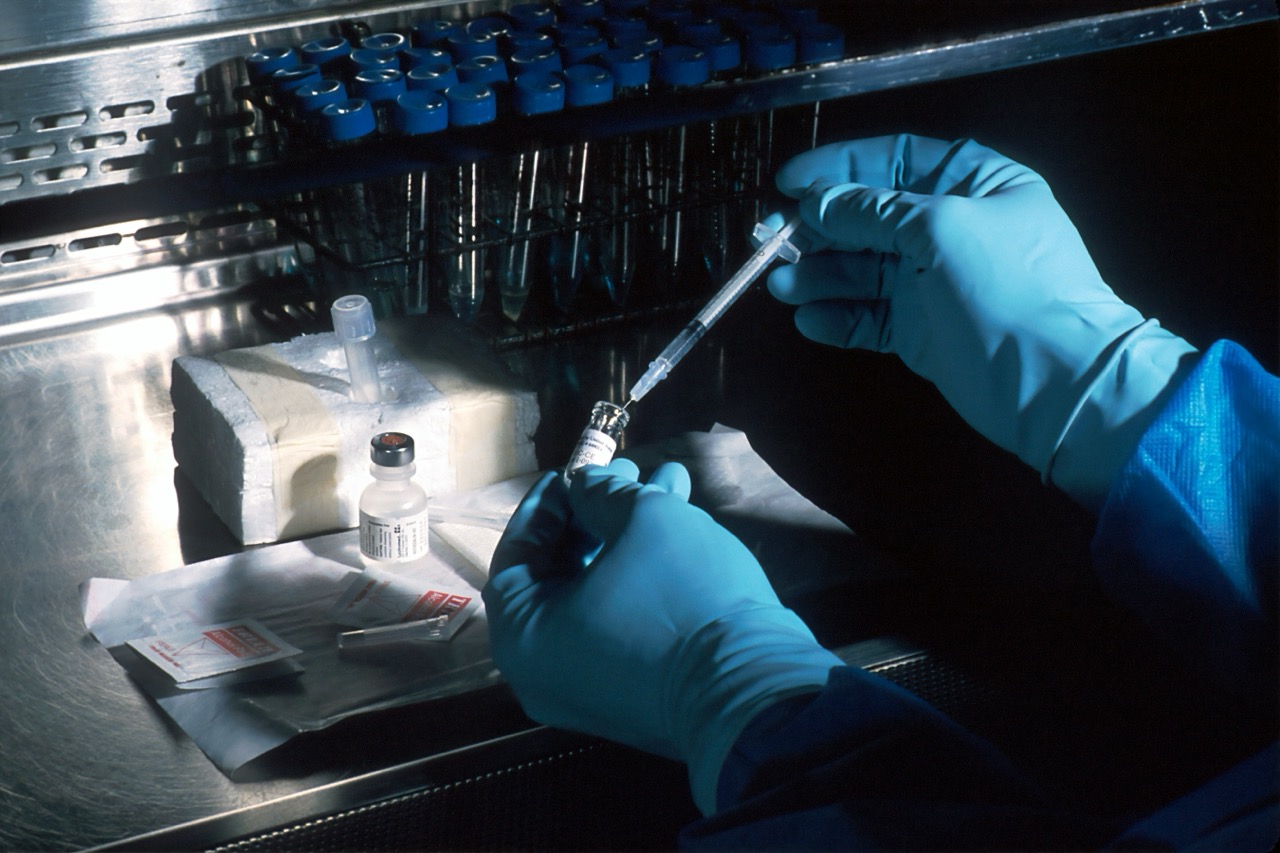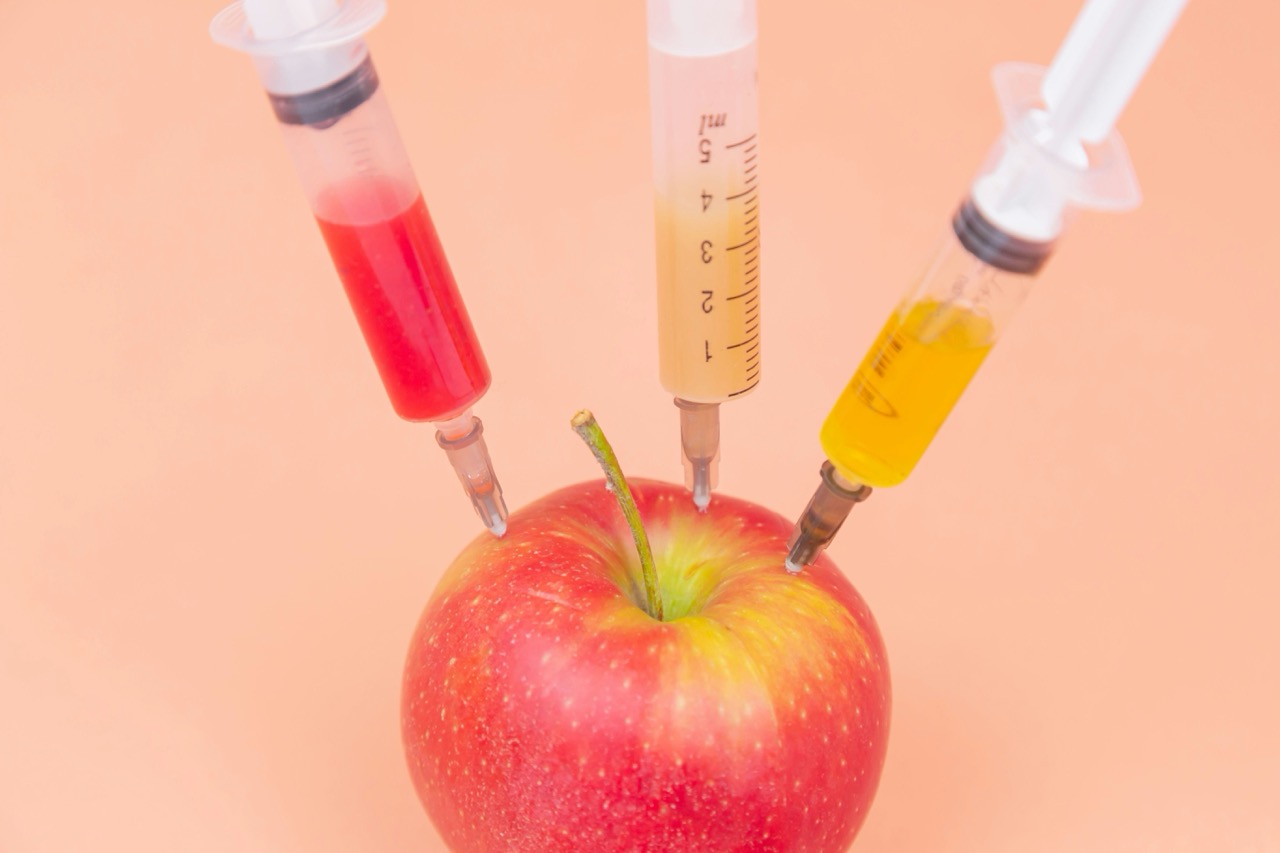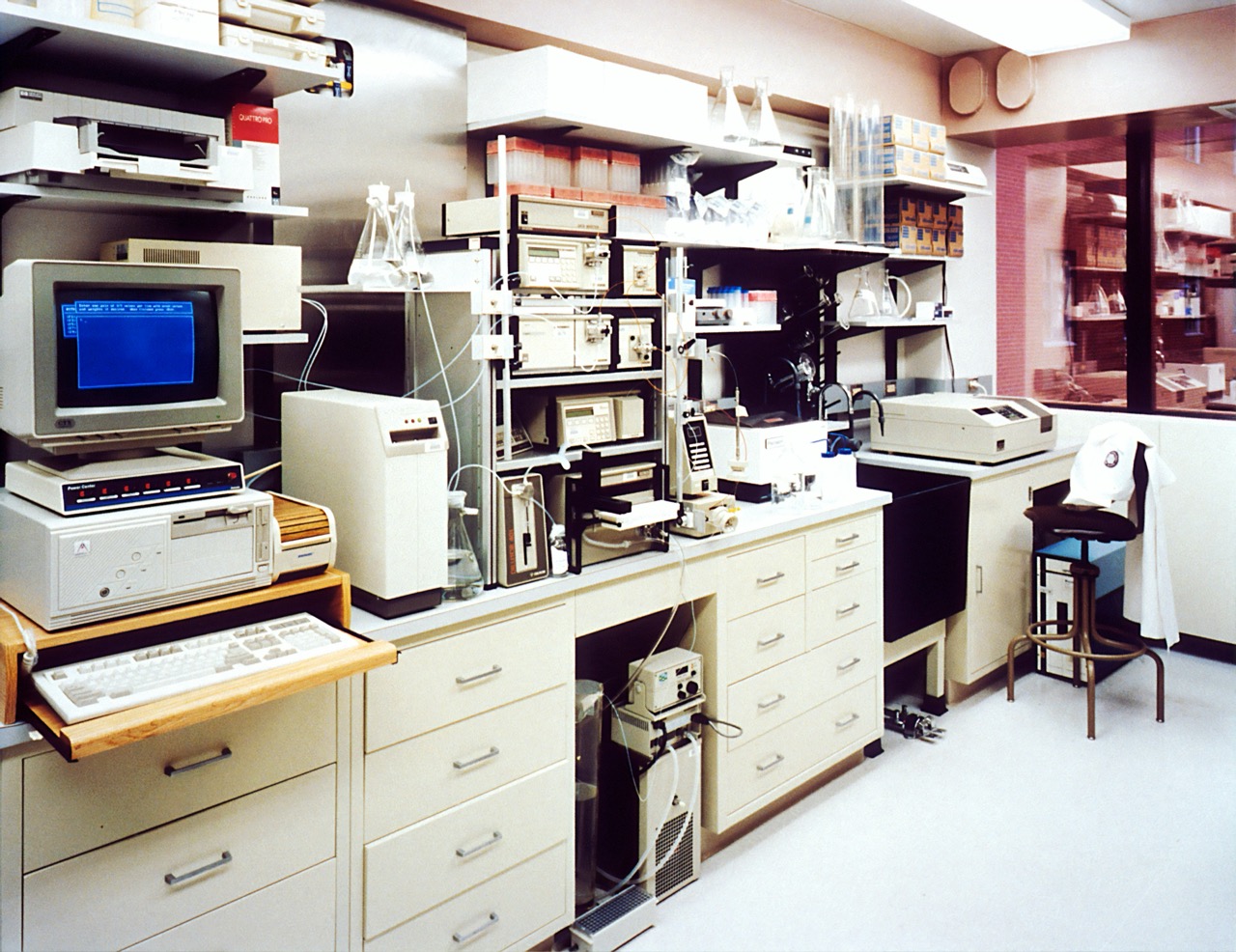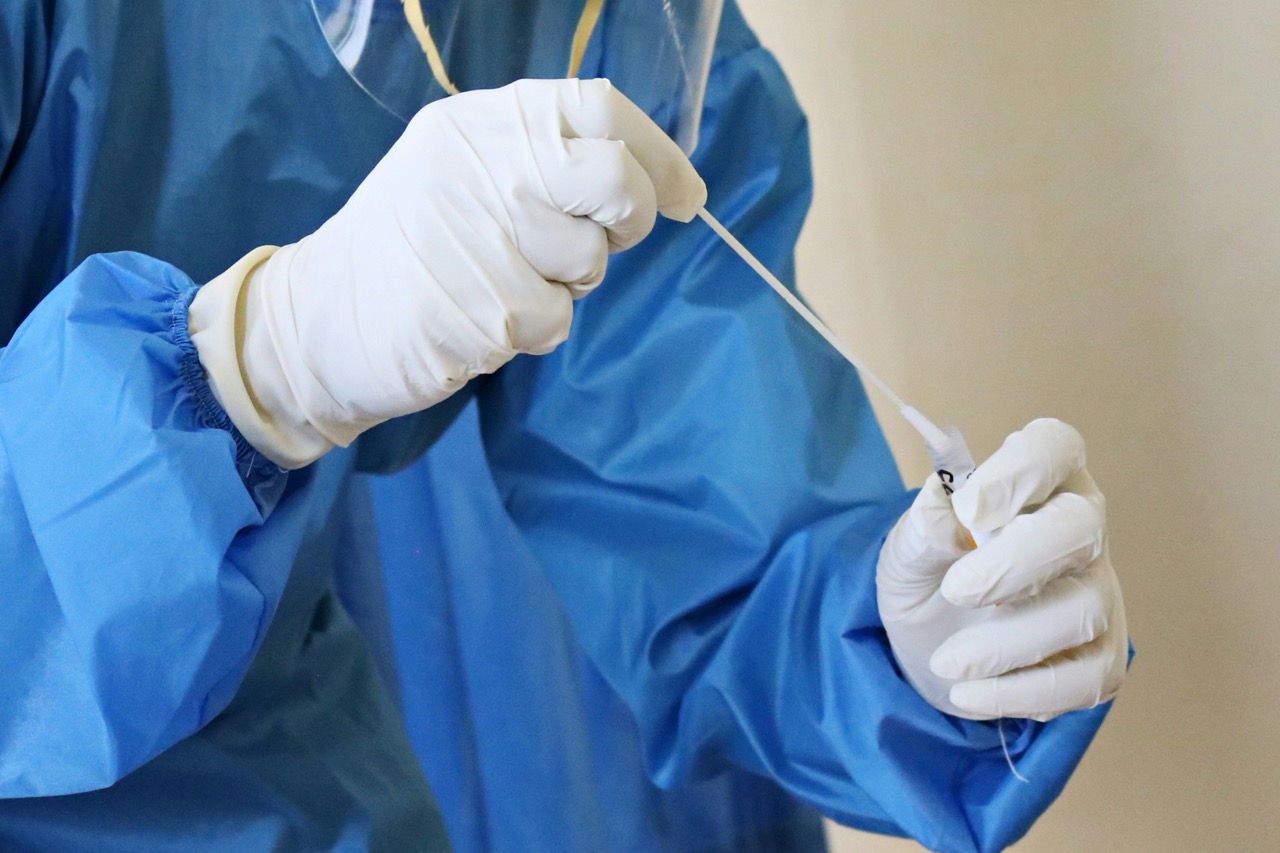Planning a pregnancy involves a multitude of considerations, especially when one has a sexually transmitted disease (STD). The presence of an STD can complicate the journey to conception, affecting both the health of the mother and the unborn child. However, with proper planning and the right support, it is possible to navigate these challenges effectively. This article outlines critical steps for safely planning a pregnancy while managing the implications of an existing STD.
Understanding STDs and Their Impact on Pregnancy Planning
Sexually transmitted diseases (STDs) encompass a range of infections that can be transmitted through sexual contact, including chlamydia, gonorrhea, syphilis, herpes, HIV, and hepatitis. The impact of STDs on pregnancy planning is multifaceted; some STDs can lead to complications during pregnancy or affect fetal development. For instance, certain infections can increase the risk of miscarriage, preterm birth, or transfer the infection to the newborn, necessitating careful consideration of one’s health status.
Understanding the specific STD involved is crucial in pregnancy planning. Some STDs are more manageable than others, with effective treatments that can reduce risks. For example, HIV-positive individuals can maintain a low viral load through antiretroviral therapy, minimizing the chance of transmission to the baby. It is essential for individuals to stay informed about how their particular STD may affect pregnancy outcomes and what interventions can mitigate potential risks.
Importance of Preconception Health for STD Patients
Preconception health is vital for all prospective parents, but it holds unique significance for individuals with STDs. Maintaining optimal health prior to conception can help improve pregnancy outcomes and reduce the risk of complications. This involves not only managing the STD itself but also addressing overall health factors such as nutrition, exercise, and managing any co-existing medical conditions.
Additionally, preconception care may include vaccinations (where applicable), screenings for other infections, and lifestyle modifications to enhance fertility and pregnancy success. Understanding one’s health status through comprehensive evaluation allows individuals to make informed decisions about family planning and STD management.
Consulting Healthcare Providers Before Pregnancy Planning
Engaging with healthcare providers is crucial for anyone considering pregnancy, especially those with STDs. A healthcare professional can offer tailored advice on how to manage an existing STD while planning for pregnancy. This consultation should ideally occur well in advance of trying to conceive, allowing ample time to address any potential health concerns.
Healthcare providers can also provide necessary screenings and tests to assess the state of the STD and offer guidance on the most effective treatment options. Establishing a collaborative relationship with a healthcare professional ensures that both the prospective mother and the unborn child receive the best possible care.
Assessing the Type and Severity of Your STD Condition
Not all STDs have the same implications for pregnancy, making it essential to assess the type and severity of the condition. Some STDs, like syphilis and untreated chlamydia, can lead to severe complications if left unmanaged, while others may have minimal impact when treated appropriately. Understanding the specific characteristics of the STD, including its transmissibility and potential effects on pregnancy, helps individuals make informed decisions.
Severe cases may require more intensive management, including regular check-ups, ongoing treatment, and potentially coordinating care with specialists. By understanding the particulars of their condition, individuals can mitigate risks and prepare for a healthier pregnancy journey.
Timing Your Pregnancy: Managing STD Treatment Effectively
The timing of pregnancy can significantly influence outcomes for individuals with STDs. Managing treatment effectively before conception is key to ensuring that the STD is under control. For instance, individuals with HIV are often advised to achieve an undetectable viral load through antiretroviral therapy before attempting to conceive, as this dramatically reduces the risk of transmission to the baby.
Proper management may also dictate the timeline for trying to conceive. Some individuals may need to undergo specific treatments or lifestyle changes to optimize their health prior to pregnancy. Understanding the importance of timing allows individuals to plan strategically and prioritize their health.
Safe Sexual Practices During Pregnancy Planning with an STD
Engaging in safe sexual practices is essential for all individuals planning a pregnancy, particularly those with STDs. Utilizing barrier methods, such as condoms, can help prevent the transmission of STDs to partners and reduce the risk of complications during conception. This is especially important if trying to conceive with a partner who does not have the same STD.
Additionally, open and honest communication with partners about STDs and safe practices fosters a supportive environment conducive to family planning. By taking proactive steps, individuals can protect their health and increase the chances of a successful pregnancy.
Potential Risks of Pregnancy with an Existing STD
Pregnancy with an existing STD can present specific risks that need to be understood and managed. Certain STDs are associated with adverse pregnancy outcomes, such as miscarriage, ectopic pregnancy, and preterm labor. Additionally, there is a risk of vertical transmission, where the infection is passed from the mother to the newborn during pregnancy or childbirth.
Healthcare providers can help monitor and mitigate these risks through regular screenings and treatments tailored to the individual’s condition. Awareness of these potential complications empowers individuals to take proactive steps in their pregnancy planning.
Monitoring and Managing STD Symptoms During Pregnancy
Monitoring and managing STD symptoms during pregnancy is critical to ensure both maternal and fetal health. Regular prenatal check-ups provide an opportunity to track the health of the mother and the progression of the pregnancy, along with any changes in STD symptoms. Early detection and management of any complications can significantly impact pregnancy outcomes.
Furthermore, healthcare providers can recommend appropriate treatments that are safe during pregnancy, helping to manage symptoms without compromising the health of the unborn child. Proactive management is essential for minimizing risks associated with STDs during pregnancy.
Nutrition and Lifestyle for STD-Affected Pregnancy Planning
Nutrition and lifestyle choices play a significant role in pregnancy planning, particularly for individuals affected by STDs. A balanced diet rich in vitamins and minerals supports overall health and can boost immunity, which is vital for those managing an STD. Incorporating foods high in antioxidants, such as fruits and vegetables, can help combat inflammation and promote a healthy pregnancy environment.
In addition to nutrition, lifestyle modifications such as regular exercise, stress management, and avoiding harmful substances (like alcohol and tobacco) can further enhance preconception health. These factors collectively contribute to a healthier pregnancy journey for individuals with STDs.
Emotional Support and Counseling for Pregnant Women with STDs
Emotional support and counseling can be invaluable for women managing STDs during pregnancy. The psychological impact of living with an STD can be significant, leading to feelings of anxiety or isolation. Seeking support from mental health professionals, support groups, or counselors can help individuals process their feelings and build coping strategies.
Support networks can also provide valuable resources and information, helping women feel less alone in their journey. Counseling can empower individuals to address their concerns and maintain emotional well-being throughout pregnancy.
Resources for Educating Yourself About STDs and Pregnancy
Education is a powerful tool for individuals with STDs planning a pregnancy. Numerous resources are available, including reputable websites, educational brochures, and healthcare provider referrals. Organizations such as the Centers for Disease Control and Prevention (CDC) and the American Sexual Health Association provide valuable information regarding STDs, treatment options, and implications for pregnancy.
Additionally, online forums and support groups can offer peer support and shared experiences. Staying informed helps individuals make better choices and advocate for their health during pregnancy planning.
Creating a Comprehensive Pregnancy Plan with Your Doctor
Developing a comprehensive pregnancy plan with a healthcare provider is crucial for those affected by STDs. This plan should encompass various aspects, including managing the STD, monitoring health throughout pregnancy, and addressing any potential complications. A proactive approach enables individuals to feel more in control and prepared as they transition into parenthood.
Together with healthcare providers, individuals can set realistic goals, anticipate challenges, and establish a supportive care team to navigate the complexities of pregnancy with an existing STD. A thorough plan fosters confidence and promotes better health outcomes for both mother and child.
Planning a pregnancy with an existing STD can be complex, but with the right knowledge and support, it is possible to navigate this journey successfully. Through understanding the implications of STDs, prioritizing preconception health, consulting healthcare providers, and engaging in safe practices, individuals can work towards achieving a healthy pregnancy. Ultimately, comprehensive planning and ongoing support are key components in ensuring positive outcomes for both parents and their future children.










